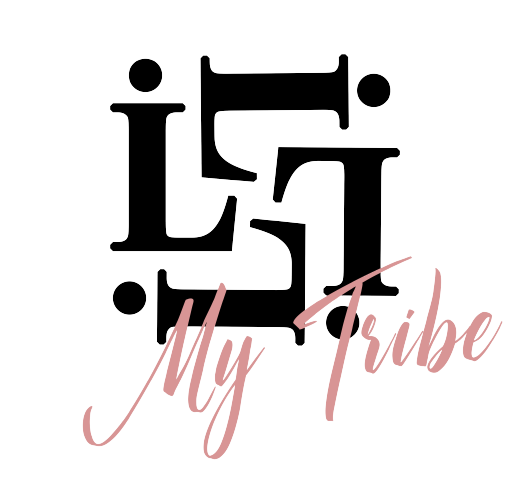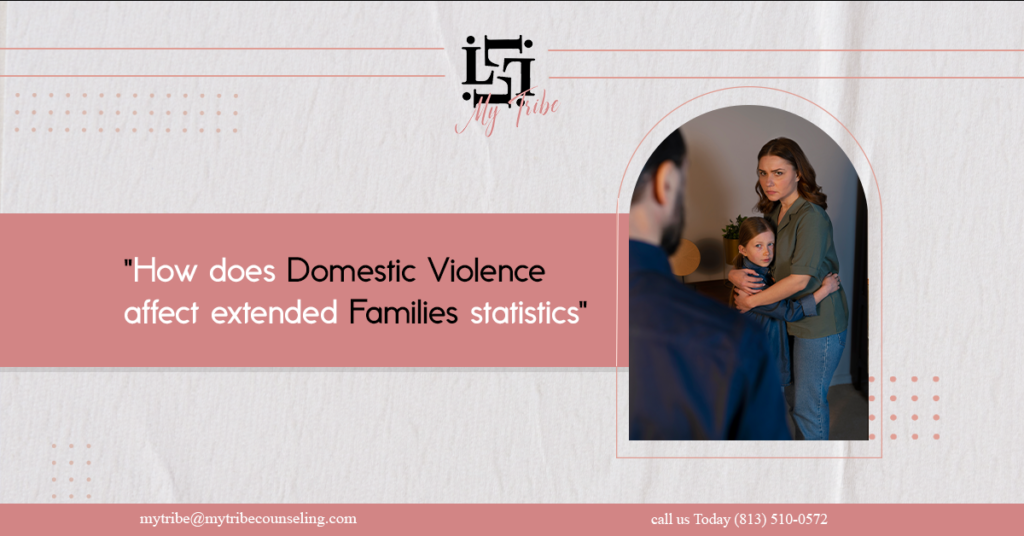Domestic violence is not just a matter of immediate family; it is more than that.
The family is wider as grandparents, aunts, uncles, and cousins are present.
Finding out how does domestic violence affect extended families statistics acts as a means of acknowledging the entire scope of its consequences.
The aftermaths are not limited to psychological ones; family members undergo financial, practical, and social dilemmas that fundamentally alter their lives.
This blog will dive deep into its very layers and examine how people can find support and get through this pain.
How Does Domestic Violence Affect Extended Families Statistics? – The Ripple Effect
The ramifications of the home environment where abuse occurs have a far-reaching effect.
Support from relatives is often emotional or financial; in some cases, they even provide care for children or legal assistance.
Examining domestic violence impact extended families statistics show that such situations often result in significant adversity.
For instance, a grandmother might step in as a new parent, or siblings could be challenged with paying money to ensure their loved ones are safe.
A chain of such issues is always closely followed by tensions within a family.
Some may blame the abuser, while others may feel that they could have done better by acting in time and averting the problem.
This is a web of extremely delicate emotional couples that crush trust and habits.
The first line of defence for families is learning how domestic abuse in the home can spread and how to handle it most effectively.
Alarming Domestic Violence Statistics
Numbers offer a really depressing picture of how does domestic violence impact families.
Research illuminates that 1 in 4 women and 1 in 10 men experience domestic violence during their lives.
These survivors not only request relatives’ assistance to stay in the shelter but also the ever-widening circle of negative effects experienced by the whole family.
Also, domestic violence and mental health statistics indicate that the victim and their families are at a more probable risk.
Survivors of abuse commonly deal with symptoms of PTSD, depression, and different forms of anxiety.
Almost half of all those who are exposed to domestic violence are more likely to develop mental disorders.
It is not infrequent when members of the extended family have to take these children in, aside from their other responsibilities and psychological and financial ones.
Through understanding the impact of domestic violence through such data, couples can see family life from a broader perspective and, subsequently, get ready to manage such situations.
Mental Health Strain Across the Family Network
One of the most profound impacts of domestic violence in the family is the emotional involvement of all the members.
Victims very often turn to their relatives for support, thus thrusting these families into the realm of secondary trauma.
Relatives who either are witnessing the abuse or pulling a family member out of a dangerous situation often cannot come to terms with their feelings of guilt, helplessness, and sometimes even resistance.
Children who are taken into safer environments away from the family member presenting danger show emotional and behavioral issues.
Their primary caregivers are overwhelmed with these problems.
Given that brave relatives who mediate the situation are also very much concerned about the emotional aspect of the nieces and nephews, it is easy to see that the domestic violence effects not only extend to victims themselves but also to the extended family members who get involved.
Family fractions are likely to occur as members may disagree on handling the situation.
Some will take their stand with the survivor (victim), while others will either not believe the extent of the fallout or will be actively hiding it, creating chasms which are difficult to repair.
To effectively address domestic violence and family dynamics, it is imperative to give primary attention to the mental health of all affected.
Financial and Practical Challenges of Domestic Violence
The financial burdens a survivor bears largely fall on the extended families.
Victims who leave home often depend on relatives for basic needs like food, shelter, and legal fees.
This is an ongoing problem, especially when the one providing the shelter doesn’t have enough money to do so.
Women who have no access to shelters are more likely to be cared for by other relatives.
This adds one more layer to the weight of domestic abuse in families.
Working relatives will be forced to take care of children by providing psychological and financial support.
For instance, a working aunt could find herself in a predicament where she had to double her work schedule and have her own children at her home along with other nieces or nephews.
These problems are not just because people are loving and responsible; pretty much all of these issues arise from systemic shortages of resources for the victims of domestic violence in the family.
In the absence of shelters and social services, the responsibility is left purely to the family members to provide and cater to the victims.
Cultural and Social Influences on Family Dynamics
The culture of a particular place and its traditions play a crucial role in determining the way the family will react to domestic violence effects.
Collective communities often believe that the whole community should help in these situations, thus, there is an increase in support as well as stress.
Families might feel the inside pressure to solve their issues on their own and not seek out help due to the stigmas associated with the abuse.
Even in places with readily available support, the persisting stigma of domestic abuse can hinder families from accessing the kind of support that they actually need.
These cultural and societal norms exacerbate the consequences of domestic violence, leading to the failure to provide proper guidance and assistance to the family.
Understanding these influences is key to creating strategies that address the broader impact of domestic violence on extended families without perpetuating unspoken tensions and barriers.
Steps Extended Families Can Take
There are certain steps relatives can follow to manage the burden of domestic abuse in the home and support both survivors and themselves:
- Educate Yourself About Domestic Violence
By learning how domestic violence affects everyone in a family, you will be in a better position to recognize and respond to the warning signs. Every choice you make makes sure to back both the survivor and carer. - Create a Safe and Compassionate Space
Survivors might need the time to heal and process the trauma that they had to go through. A space of freedom and understanding can be created by the family, and in it, healing can be done. - Seek Professional Help
Counseling and therapy have traditionally been viewed as support mechanisms for immediate victims, yet they are a vital part of the broader picture for relatives. Support groups or a counselor trained in domestic violence impact extended families statistics can provide the necessary coping skills needed for recovery as well as rebuilding the relationships. - Advocate for Policies That Ease the Burden
Being an active supporter of the need for the expansion of the benefits services (housing, money, mental health) for the survivors helps not only the victims but also the families. The lessening of tensions will give space for the understanding of one another leading to better relationships among them all.
How My Tribe Counseling Can Help
At My Tribe Counseling, we realize that the pain from domestic violence creates scars not only on the victims but also on those who are indirectly involved.
We are committed to helping families affected by domestic violence in the family find their way back to love and wholeness.
Whether you are a survivor or close one overwhelmed by the situation, our experts will provide the needed help and here is where your healing journey begins.
Connect with Us
My Tribe Counseling is there for you.

